How to develop your memory using different techniques?

A good memory is the key to a comfortable and fulfilling life at any age. And even a slight decrease in it can be very unpleasant, because automatically this can lead to problems in work, personal relationships, and self-esteem. This article will focus on different methods to improve memory.


Memory mechanism principles
To understand exactly how memorization takes place, you need to have an idea of what features of our brain affect the recording and storage of data... Recently, one can often hear a comparison of a person's memory and his brain with a kind of super-powerful computer, but this is a rather erroneous understanding. The computer is static, but changes are constantly taking place in the human brain, besides, our memory and other functions depend on gender, age, race, ethnic group, upbringing.



The human brain is the most energy-consuming organ. With a relatively small self-mass, it consumes up to a quarter of all energy if we are engaged in intense mental work, and up to 12% of all energy if we are quietly lounging in a horizontal position. Due to this energy consumption, the brain as a whole is not beneficial for our body, and unless absolutely necessary, it does not activate.
The brain itself constantly works in a resource-saving mode, which is why forgetting occurs: the unnecessary and unused must be removed.

Nerve cells are directly responsible for memory.
For information to be stored for a long time, energy support is also needed. Her brain also saves.Therefore, different information is stored in memory for different times, hence the names such as long-term and short-term memory. What is forgotten more quickly is that which is not updated, is not repeated, is not claimed by the "owner".
The more time passes from the moment of memorization, the more information is lost. But the rate of memory decline is inversely proportional to time. For example, you have learned a poem. In an hour you will forget half, in a day - only two-thirds, and in a month the loss will be up to 4/5.

Memorization takes place in the following way. A person is dealing with a certain event. The senses provide all the necessary information, nerve cells transmit it, the brain analyzes it. The decision has been made, the situation is over. But our central nervous system retains the so-called residual trace - the path along which nerve impulses passed during the solution of the problem. If the next time the information goes along the same "beaten track", new synaptic connections will arise, the information will be fixed and remembered. Each time it is energy-consuming to form a new path, and therefore it is extremely unprofitable for the brain and the body as a whole.

Any information is stored temporarily. The unnecessary is erased over time, and the necessary goes into the category of long-term memory. In this case, the memory can be distorted, transformed in such a way that there will be nothing to do with what actually happened sometime. The data has been saved, but what it will be like is a big question. The thing is that neurons renew connections, create new ones, change old ones, and spontaneous formations can occur up to 3 times in 3-5 days. If the network is not supported by new information passing along the old path, then forgetting and distortion is inevitable.

Short-term memory is formed on the basis of pre-existing connections. Signals circulate through the same channels. The process needs a high level of energy supply, and therefore there is a decrease in the load in the form of forgetting. If we need information to live, new connections are formed. This is long term memory.
Deterioration of the nervous system over the years, stress and a frantic pace of life, bad habits, injuries lead to a decrease in memory, a decrease in its volume. In most cases, a person can help himself. There are different techniques and exercises for this.
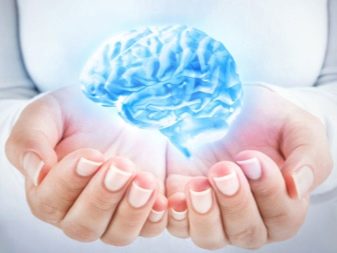

Simple tasks for different types of memory
Different types of memory require different methods and approaches. But everyone can learn to memorize better, develop their abilities, increase the amount of memory independently and at home, regardless of their age, gender and social status.

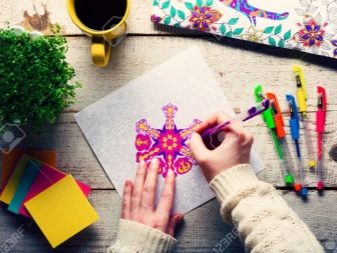
For long-term
For long-term bonds to be maintained, repetition is necessary. Sometimes it is enough just to repeat from time to time what has been learned.... It is useful to learn how to retell in detail the books you have read, the films and plays you have watched. And not only after viewing or reading, but also after a few months.
The best method for long-term memorization is conscious restoration of synaptic connections. Important and significant information should be repeated by a person every day for the first three days, then after a week, a month, and after half a year.
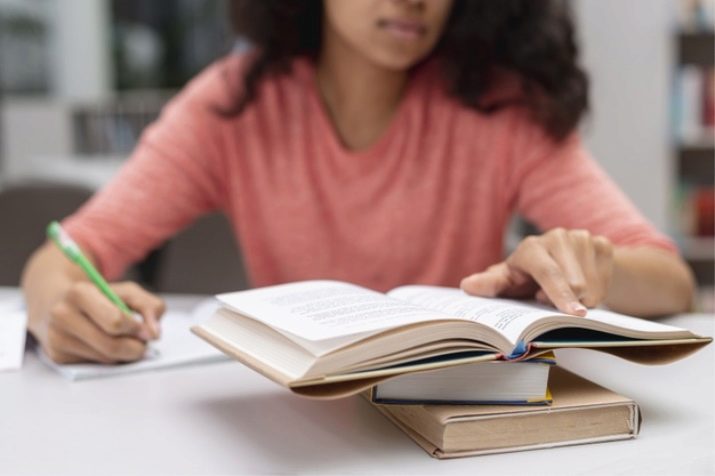
Such a simple approach will help you easily memorize even complex and voluminous arrays of information for a long time. But not all of us can afford such long periods. For example, a student has to memorize information a few days before the test and sincerely hope that important professional information will be preserved for a long time. In this case, it is recommended to train according to the following scheme:
- we repeat the material immediately after reading it;
- we repeat a second time after 20 minutes;
- we repeat the information for the third time after 8 hours;
- the fourth repetition occurs exactly one day later, preferably before going to sleep at night.
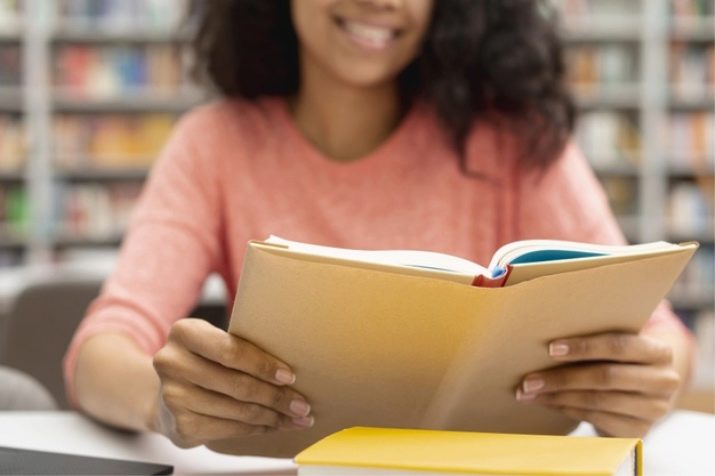
During these days, you should not burden yourself with additional information that is not directly related to the subject being studied. By overloading yourself, you prevent master data from being secured and quickly fixed.
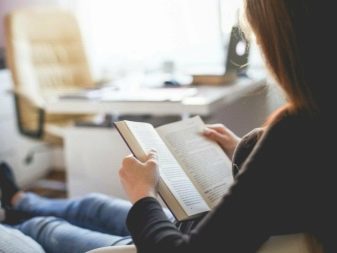

For short-term
We need short-term memory to remember where the keys were put in the morning or to remember the phone number in order to write it down. Short-term memory includes tactile and taste sensations, olfactory nuances, visual images, and auditory memory.

Our short-term storage is limited in volume. For example, an adult can memorize up to 9 elements at the same time, and about 5. The volume depends not only on age, but also on genetic characteristics, just someone has a better memory from birth. For training, it is worth using methods such as Fibonacci technique. On the way to work, mentally make up a series of numbers in which each next will be the sum of the two previous ones - 1, 2, 3, 5, 8, 13, etc.

If you have a free minute at work or in a team of classmates, why not do a simple but effective group exercise called "Paragraph"? All he needs is a book. Open it to any page and read the paragraph. The task of the listener and the reader is to remember and then reproduce each word.
It is impossible to train short-term memory without strengthening visual memory.... Lay out a dozen of any objects in front of you. Give yourself a minute to look at them closely and remember the details. Then cover the items with something opaque or sweep them all at once into a drawer. Mentally repeat everything that you remember about each of them. Start with simple items, but gradually use more and more complex things.
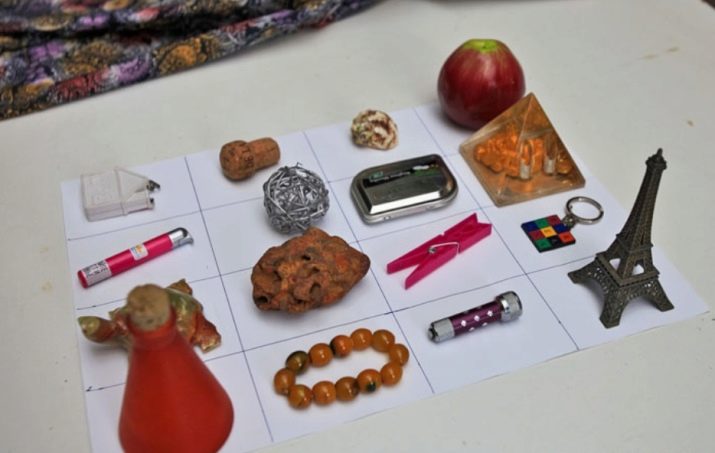
A simple and effective exercise was once proposed by the famous Pythagoras.
You don't need to do anything special, only in the evening before going to bed you should allocate a quarter of an hour to recall in detail all the events of the past day: who did you meet, what you talked about, what the person was wearing, what color his buttons were, etc. The starting point should be awakening, and then follow in order, without breaking the chronological sequence of events.

Popular ways
Learning a foreign language is often called among the popular methods. But foreign words and expressions are unlikely to be remembered if the memory is bad. Therefore, it is better to start training it with easier ways that will prepare you for more complex tasks, which undoubtedly includes a foreign language.

All popular and widely advertised techniques have common features that you need to be aware of before choosing a program or technique.
- They are not universal and equally effective for everyone.... Even effective methods help some people to memorize quickly and easily, while others - long and difficult.
- There are no techniques that would magically teach you the development of memory of all kinds and all its processes. Some exercises are aimed only at the speed of memorization, others at the duration of information storage, and still others at the ability to reproduce. It is best to find a few techniques that you can combine.
In most cases, you have to select tasks individually.
A person will have to try a lot and choose the most comfortable tasks for himself, exercises that will be most effective in his case. Let's see what you can choose for independent training.

Improving attention
To improve your attention, remember as many small details as possible, it is recommended Aivazovsky's method. The famous seascape painter, as his biographers assure, wrote his paintings this way: not on the seashore in a storm, but at home, using exclusively his own memories of the details of the seascapes he saw.
Choose any pictures. Start with one.For five minutes, look at the picture with concentration, carefully, trying to remember it more accurately. Then close your eyes and mentally reproduce as many details as possible from what you managed to remember.
Over time, take more and more complex drawings and paintings, try to fix in your memory the details of images of real people, landscapes, interiors.

Associations
By creating associations, you increase the likelihood of remembering, because images are most clearly captured in memory... Mnemonic techniques will help you with this. Ask someone to write on paper a few words that are not connected by semantic and semantic links, for example: "fish", "sky", "doctor", "computer", "oak", "cake", etc. Study the list for exactly a minute, and then reproduce it from memory as accurately as possible. With the help of mnemonics, words and images are better remembered than numbers and numbers.
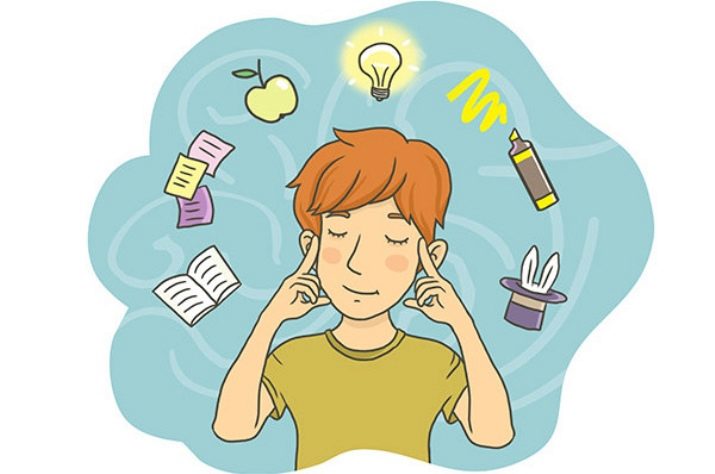
Repeat information
Whatever you teach, practice repetition. Learn poems by heart more often, even if you are not a schoolboy or student for a long time, try to memorize the words of your favorite songs, periodically repeat them to yourself. The repetition of pleasant poetic quatrains and favorite songs evokes a lively emotional response.
When simple poetry is easy, you need to complicate your task and try to learn pieces of prose that are not rhythmic. The most difficult level is memorizing and repeating by heart fragments of technical and scientific literature that is not directly related to your activity: a doctor can learn a couple of pages from a metal science textbook, an engineer - a fragment of a recipe reference book, a toy seller - a fragment of a safety manual for civilian flight personnel ...

Finger gymnastics
Fine motor skills are believed to improve memory and make the memorization process more efficient. Please note that during speech communication, many try to hold objects in their hands: a rosary, a pen. Use this technique. When studying something very difficult, do a warm-up for your fingers at the same time, rub the pads of your fingers, tap them in a different rhythm on the surface of the table or on the opposite palm.
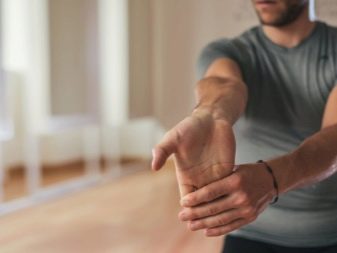

Schulte tables
They were invented and presented to mankind by the German psychotherapist Schulte. Tables are designed to improve visual memorization. They come in different sizes, for a start you can use very small ones. Tables are randomly filled with numbers and letters, there is no sequence or relationship between symbols. Look carefully at the table for a few minutes, and then close it and try to reproduce what exactly is hidden in this or that cell.
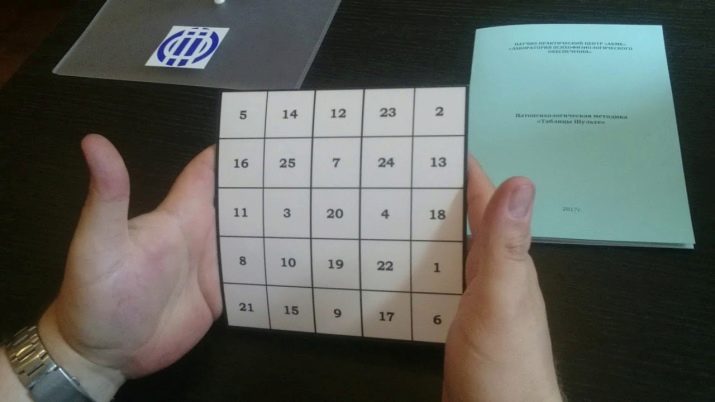
Constant training allows you to remember a large amount of information, to increase the container of your visual memory. Today the situation is simplified by the availability of special online simulators.
As a simulator, you can also use special mobile applications - this is a great way to usefully spend time on the way in public transport.

Aromatherapy method
It was created not by esotericists or fans of everything otherworldly, but by real scientists from the British Northumbria University. They found that the scent of rosemary in the background increases the ability to quickly and reliably remember complex new information.
It seems that the British borrowed the method from Shakespeare. His Ophelia in "Hamlet" described this method in detail in one of her famous monologues: "Here is rosemary, for memory ...".

Writing and speaking words in reverse
This exercise is intended so that you can quickly learn how to reproduce information, to receive it from the repositories of your own memory. The faster you write or speak, the better. You can start by reading the alphabet backwards - from "I" to "A".

Meditation
An unexpected effect was discovered by American scientists while studying the effect of meditation techniques on human health.In addition to reducing stress, normalizing the internal state, and pressure, they found that regular meditation significantly strengthens and increases a person's ability to memorize for a short time... The discovery was explained simply: meditative practices force a person to train concentration. The minimum time required to improve memory through meditation was also named - only 9 minutes a day.

Leading hand change
Try turning yourself left-handed for five minutes. Take notes with your left hand, not your usual right hand, sweep with an “uncomfortable” hand, hold a computer mouse with it. This helps to effectively turn on and engage the opposite hemisphere of the brain and stimulates not only memory, but also thought processes.
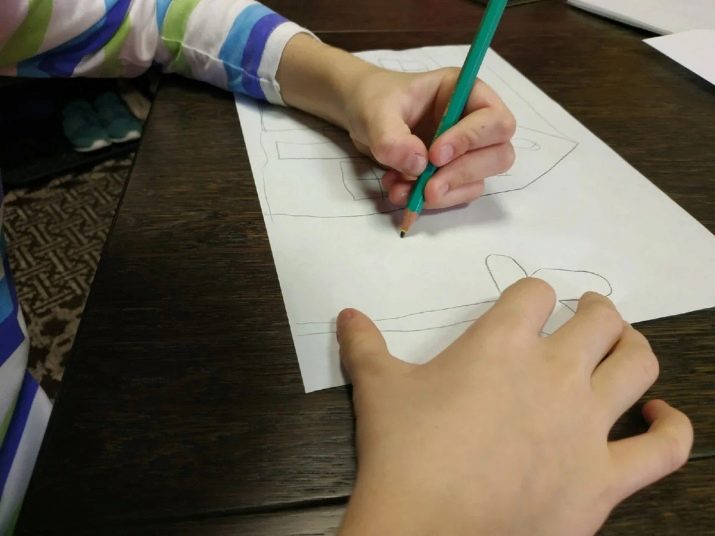
Tricks for everyday life
Effective methods do not have to be discovered by scientists and scientifically proven. Since ancient times, some simple "everyday" techniques have been known that can be used constantly in your everyday life. They do not require any preliminary preparation and the allocation of special time for classes.
You can not write a shopping list, but keep it in your head, tell your household about the book or movie you read, memorize the names of brands.
Making lists and plans is a great time management tool, but when it comes to improving memory quality, lists tend to have the opposite effect.
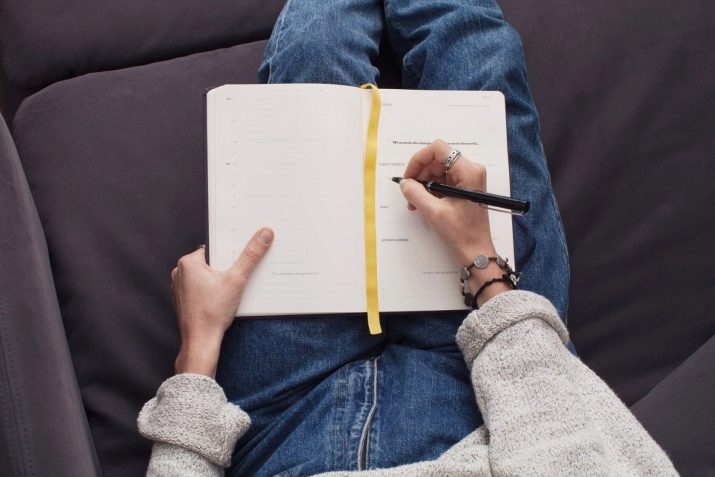
Outside
Try to memorize street names, locations, and house numbers on your route. Change familiar routes more often, take new roads, always trying to remember the details.
Read on the contrary the names of shops and shopping centers. Try to mentally keep track of all the passers-by you meet using a certain filter. For example, today count only pensioners, tomorrow - women in red, the day after tomorrow - men with a beard, etc.

Houses
When doing something, try to concentrate your attention on only one thing, giving it all your emotional strength at a given point in time. Practice remembering the events of the day, not only in a clear chronological sequence, but also in reverse order, starting with the last completed task and ending with the morning chores.


Sit in front of the TV less, move more, walk, exercise, properly organize adequate sleep and normal nutrition without starvation or overeating.

How often should you train your brain?
The answer to this question is obvious - you need to do this constantly, regularly. A decrease in mental activity leads to atrophy of a number of processes, a decrease in their quality. Raiding training will not have a particularly significant effect either. Even if there is no time at all, use any free minutes in order to apply at least simple, everyday methods.

Recommendations for the elderly
Age-related memory decline is attributed to various factors, from genetic characteristics to general health. But one thing is certain: systematic exercise allows older people to maintain a sober mind and a reliable memory for longer. Of course, age-related changes in blood vessels, blood supply to the brain, loss of vascular elasticity are difficult to correct, but in most cases, the effectiveness of classes depends not only on medications and medical support, but also on a person's own desire to remember everything.

To improve memory, older people generally need to take care of creating optimal conditions under which they will have a clear daily routine. There should be no physical stress and traumatic emotional upheavals.
A feasible physical activity that is not prohibited by the doctor for a particular patient, walks are useful.

An elderly person should definitely add foods rich in omega-3 fatty acids and fish to their diet. Blueberry juice, wheat bran, nuts, fresh tomatoes, honey in the absence of contraindications will be useful for memory.
In such conditions, special mental exercises are needed, implying a conscious stress of memory. In retirement, you can perfectly solve crosswords, solve logic puzzles, learn a foreign language. Today, many linguistic schools offer special conditions and discounts for classes in a group of retirees.
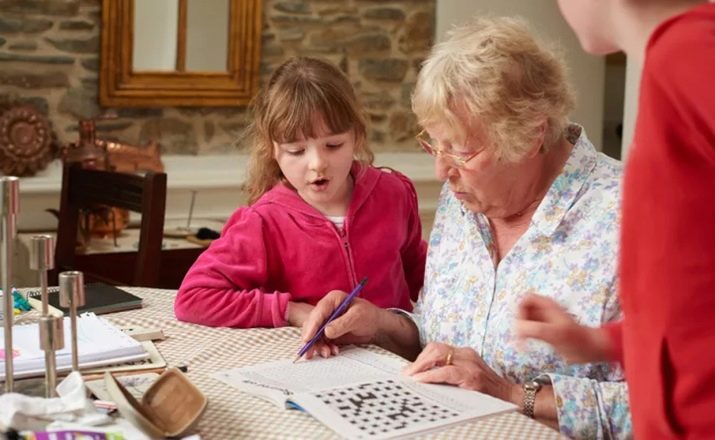
In old age, it is important to give sufficient attention to reading. It helps to improve visual and motor memory, strengthen logic, associative and imaginative thinking. It is strongly recommended to re-read your favorite works and retell them with a description of the appearance, characters of the heroes.
Pay close attention to detail. Try to remember as many of them as possible. Seniors are not advised to use lists and organizers to draw up a shopping plan. The memory loss that can occur due to the use of notes and reminders can be irreparable and progressive.

For information on how to develop memory and attention, see the video.








